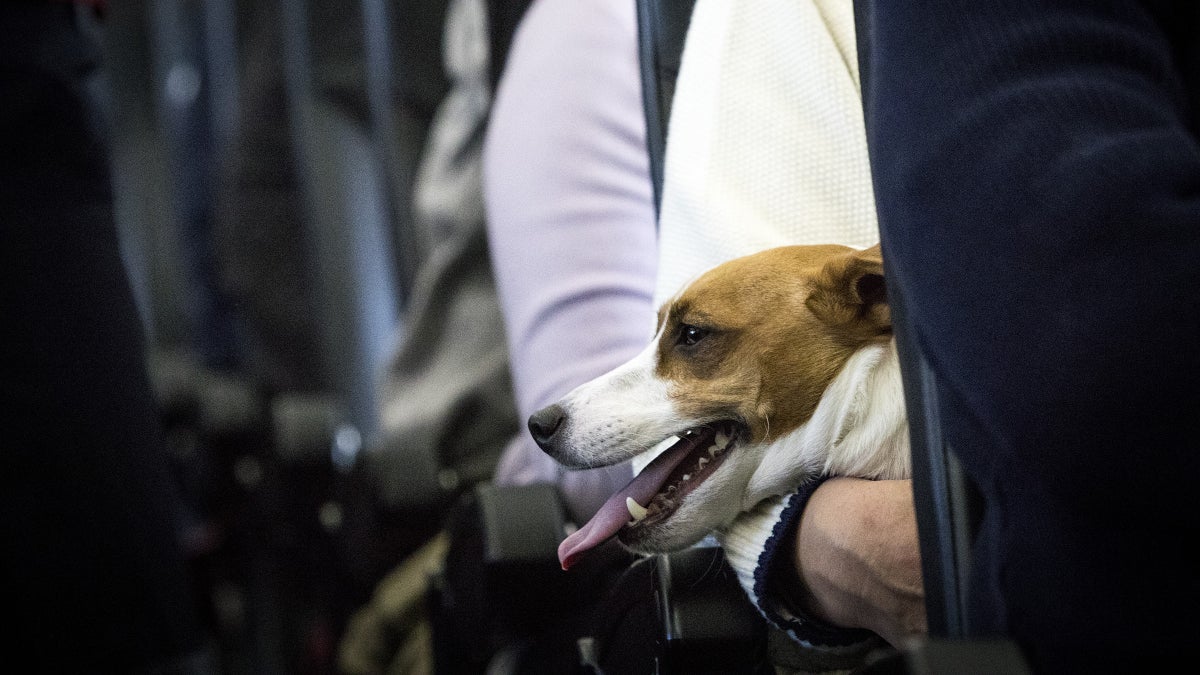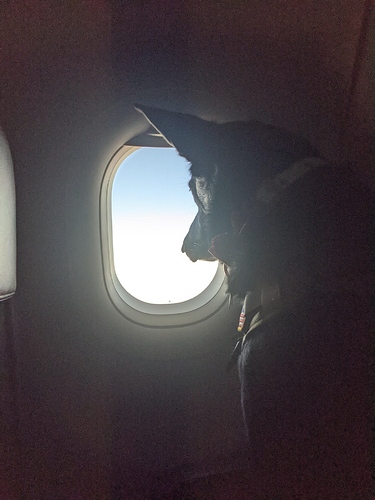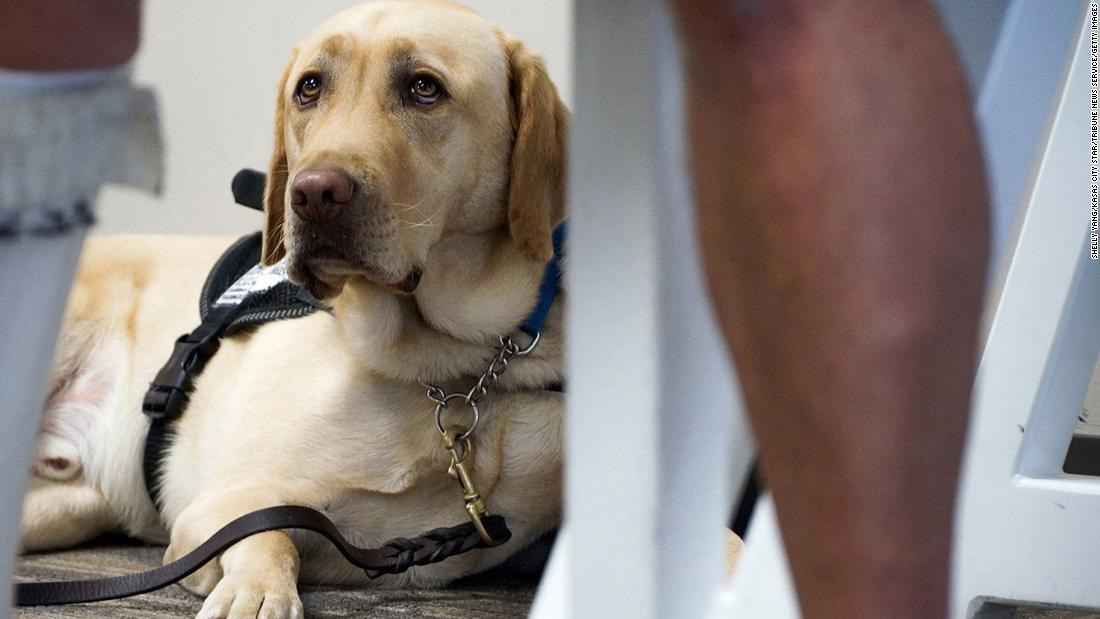The CMA is investigating whether airlines have breached consumers’ legal rights by failing to offer cash refunds for flights they could not lawfully take.
The move comes as part of ongoing work by the Competition and Markets Authority (CMA) in relation to holiday refunds during the coronavirus (COVID-19) pandemic.
The investigation will consider situations where airlines continued to operate flights despite people being unable lawfully to travel for non-essential purposes in the UK or abroad, for example during the second lockdown in England in November.
The CMA is aware that, in some cases where flights were not cancelled, customers were not offered refunds even though they could not lawfully travel. Instead, many were offered the option to rebook or to receive a voucher.
The CMA recognises that the airlines sector, like many others, is under strain due to the pandemic. However, it is concerned that certain airlines may have breached consumers’ legal rights by failing to offer cash refunds, leaving people unfairly out of pocket, and has therefore opened an investigation to examine the matter further.
Andrea Coscelli, Chief Executive of the CMA, said:
"We will be carefully analysing all the evidence to see whether any airlines breached consumers’ legal rights by refusing people cash refunds for flights they could not lawfully take.
“We recognise the continued pressure that businesses are currently facing, but they have a responsibility to treat consumers fairly and abide by their legal obligations.”
The CMA will be working closely with the UK Civil Aviation Authority as it progresses its investigation.
While the Civil Aviation Authority (CAA) leads on consumer protection in the airline sector, the CMA has undertaken extensive action in connection with cancellations and refunds during the pandemic and is well placed to support the CAA on these issues. The CMA and the CAA continue to work closely and share the same enforcement powers to tackle breaches of consumer protection law.
The CMA will now be writing to a number of airlines requiring information to understand more about their approaches to refunds for consumers prevented from flying by lockdown.
Following a careful analysis of this evidence, the CMA then will decide whether to launch enforcement action against individual airlines.


